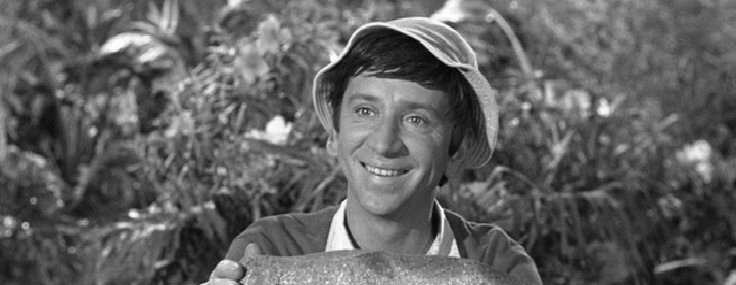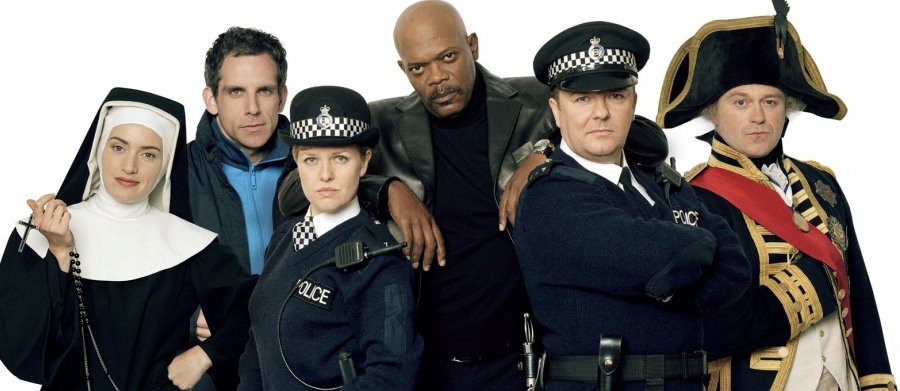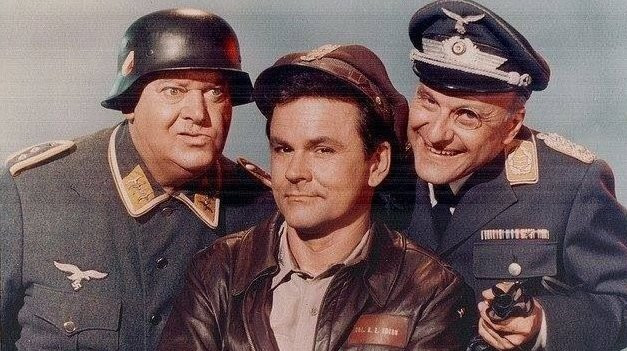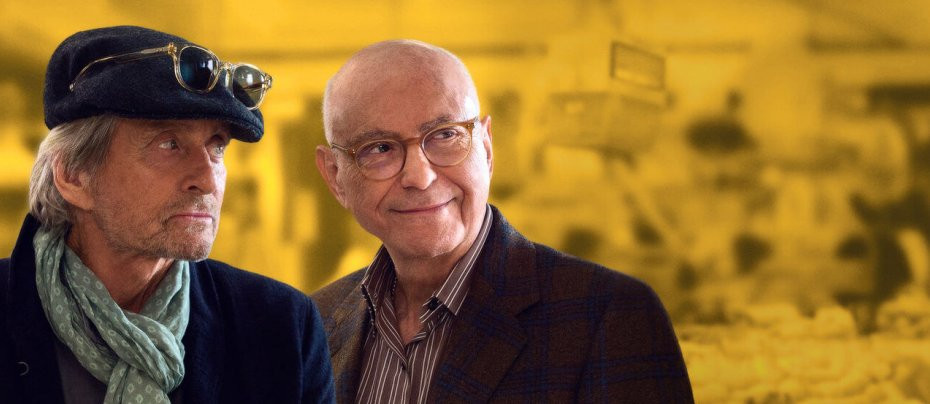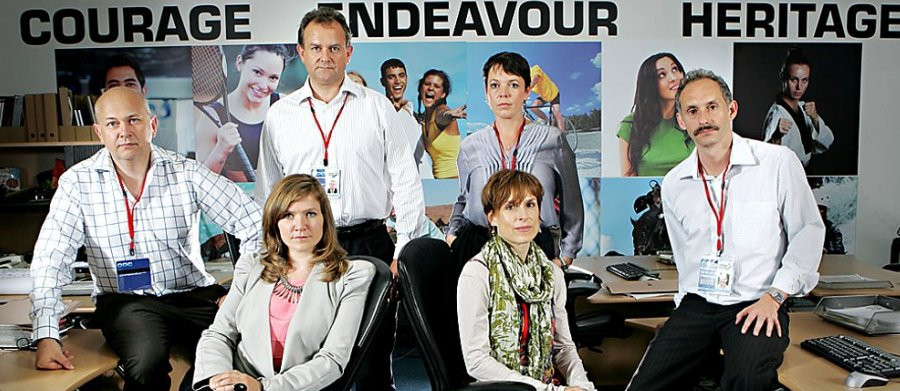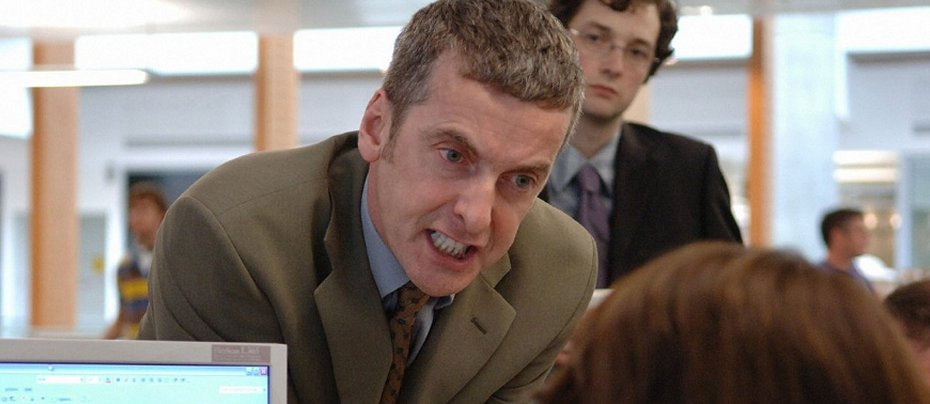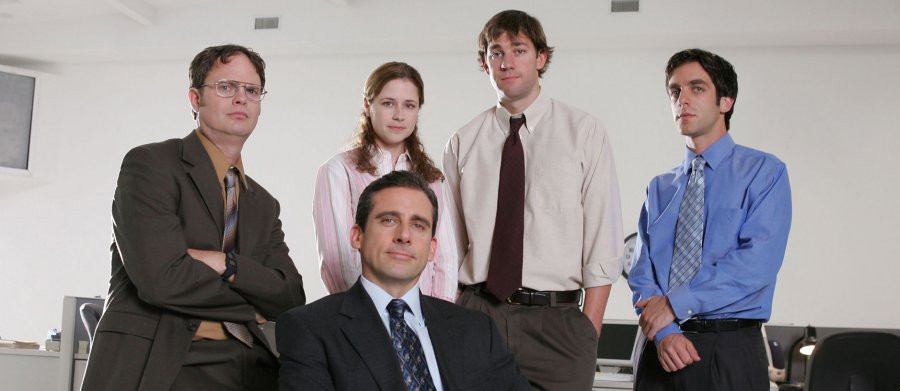
The Office (US)
2005 - United StatesReview – Brian Slade
Over the years, American audiences have taken to some of the finest British comedy exports. Fawlty Towers, Monty Python’s Flying Circus, and Are You Being Served? are among shows that went down a storm across the Atlantic. It’s safe to say however that when it comes to making their own versions of successful British shows, they have by and large been failures. Even such standout gems as Vicar of Dibley, Absolutely Fabulous and Dad’s Army never made it beyond pilot episodes. So when it was decided to try and remake the hugely successful BBC comedy The Office for the American market, it would be understandable if there were doubts as to the wisdom. Some 201 episodes later, it can safely be said that the plan was a success.
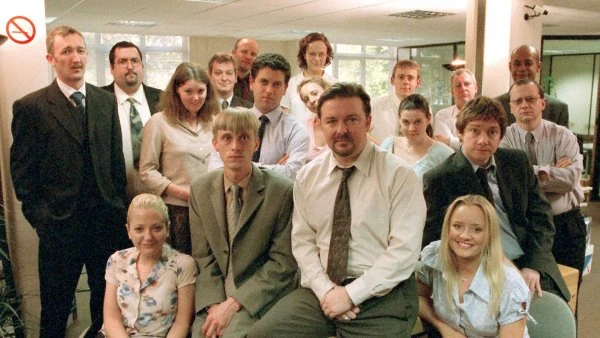
The opening series of The Office (known as variants such as The US Office, The Office USA and The Office: An American Workplace when broadcast in the UK) draws very much from the original British work created and penned by Ricky Gervais and Stephen Merchant. Filmed in the same mockumentary style, we are given a window into life in a small seemingly insignificant workplace – the Scranton, Pennsylvania branch of paper company Dunder Miflin.
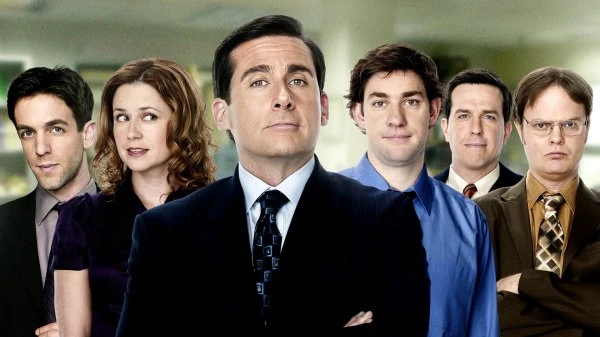
Regional Manager of the branch is Michael Scott, played superbly by Steve Carell. Michael is every bit as verbally clumsy and desperate for his team’s approval as Gervais’s David Brent in the original. Having been at the company for 12 years, he has spent the last four years as the Master of his Kingdom. He proudly confesses to the camera crew that, ‘People say I am the best boss’ and he promptly displays his World’s Best Boss mug to the camera that he has of course bought for himself. He considers himself a king of comedy, performing awkward impersonations ranging from Hitler to the Six Million Dollar Man in the opening episode to showcase his comedic talents.

Number two in the office is Dwight Schrute (Rainn Wilson). Dwight introduces himself as the Assistant Regional Manager, consistently corrected to Assistant to the Regional Manager, although in reality neither term carries any genuine weight in the workplace. Dwight appears devoted to his leader, but in reality deems it his destiny to one day rule over the office. The biggest thorn in his side is Jim Halpert (John Krasinski). Jim is bored by his job, to the point where trying to explain it is in itself boring and he is distinctly unimpressed by some of his colleagues, Dwight in particular. As with Martin Freeman’s Tim in the British counterpart, Jim decides to keep himself amused by ganging up on his arch rival with the office receptionist, in this case Pam Beasley (Jenna Fischer). Pam is a frustrated artist disappointed to find herself as a receptionist for a boss she doesn’t like in an office she doesn’t like. Her fiancé works in the warehouse and is a domineering partner who treats Pam badly, a facet of their relationship that doesn’t go unnoticed by the smitten Jim.
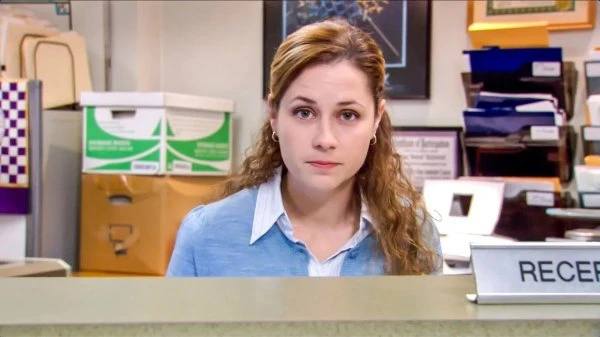
The first series of The Office was only six episodes – normally a comedy lasting six episodes Stateside means it was cancelled, but The Office was just successful enough to get a second season commissioned. Realistically, that is where the programme came into its own. Where the first season had been heavily reliant on following the UK version’s lead, season two allowed the writers to branch out, stretching the characters out and making full use of the talented pool of actors assembled for initially smaller roles. The will they/won’t they relationship between Jim and Pam becomes a significant focus in the next few seasons, as does the threat and eventual realisation of a downsizing exercise at the company, resulting in the Scranton inheriting the business and staff of the Stamford branch of Dunder Mifflin. Most of their staff head for the exit door and only one member becomes a permanent fixture in the cast, that of anger-fuelled Andy Bernard, providing a breakthrough role for Ed Helms.

With the large number of episodes compared to the British version it is somewhat inevitable that the mundane drudgery of office politics becomes less of a focus over the years, and the relationships of the staff become the primary interest. Characters given barely a line or two in the opening series become significant players in what ends up being an ensemble cast, which is why the programme was able to continue after the departure of its key character. With Michael Scott off to Colorado after season seven, there were some big shoes to fill, but the show had seemingly no problems with getting big names involved. Among the actors portraying potential replacements for Michael were Ray Romano, Jim Carrey, James Spader and Catherine Tate, along with a certain Ricky Gervais as David Brent! The most successful applicant initially appears to be a character named Deangelo Vickers, played by Hollywood A-lister Will Ferrell, although a nasty basketball accident ends his time at Dunder Mifflin.
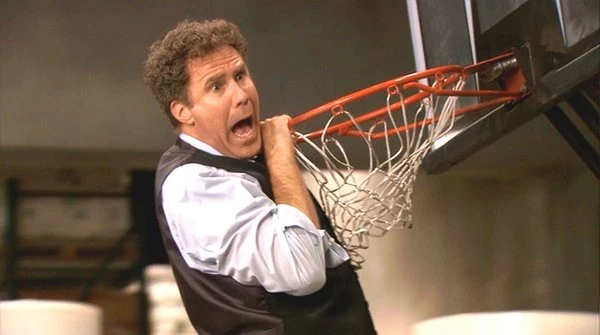
In many ways the American version of The Office eclipsed its parent show. Perhaps inevitably, the characters were given much more time to develop than the standard length of a British series allows. Michael is, like Brent, desperate to be seen to be adhering to all the politically and socially correct processes of a modern workplace, but seems incapable of doing so without inadvertently offending everybody in the process. Dwight seems evermore psychopathic as the seasons progress as we learn more about the ways of the country from which he hails and to which he remains loyal. Jim and Pam are given a more certain happy ever after ending, and the minor characters all have their moments in the sun, something the UK version was unable to deliver. The Office had an embarrassment of riches in the acting department as Carell, Krasinski, Wilson and Helms went on to huge Hollywood stardom, and more recently Mindy Kaling, who played Kelly Kapoor in the show, wrote and starred in six seasons of comedy The Mindy Project.

As different as it was, the American version of The Office retained a warmth at its core and when all was said and done, it wrapped up in a fitting finale. Dwight takes full control of the Scranton branch after getting married (with Carell returning to be best man) and fires Jim and Pam in order that they get severance pay for a new life together in Texas. It’s a kindly act that reflects how office workers can put aside their quirks and foibles to establish unlikely friendships. There will doubtless be many that agree with Jim’s final episode summation that, ‘even if I didn’t love every minute of it, everything I have I owe to this job – this stupid, wonderful, boring, amazing job.’ And in that one line, his character encapsulates why The Office was such a success.
Seen this show? How do you rate it?
Seen this show? How do you rate it?
Published on October 29th, 2020. Written by Brian Slade for Television Heaven.


